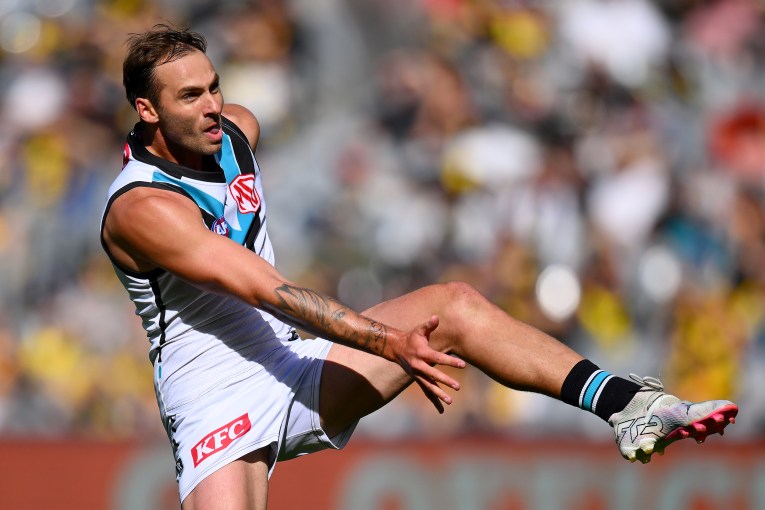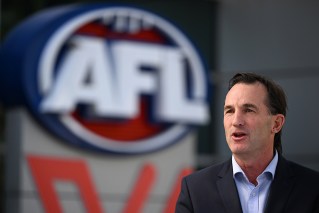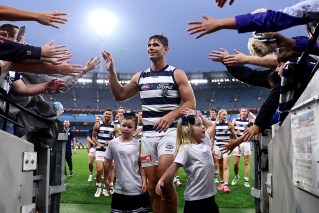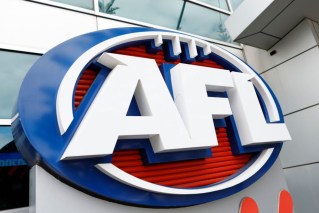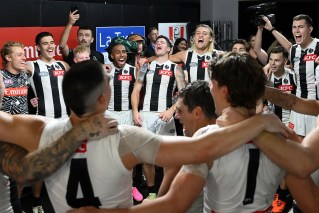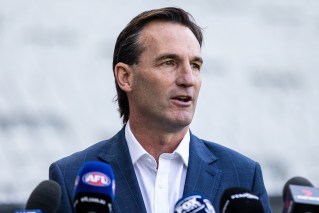Whateley: we were only just getting to know Phil Walsh
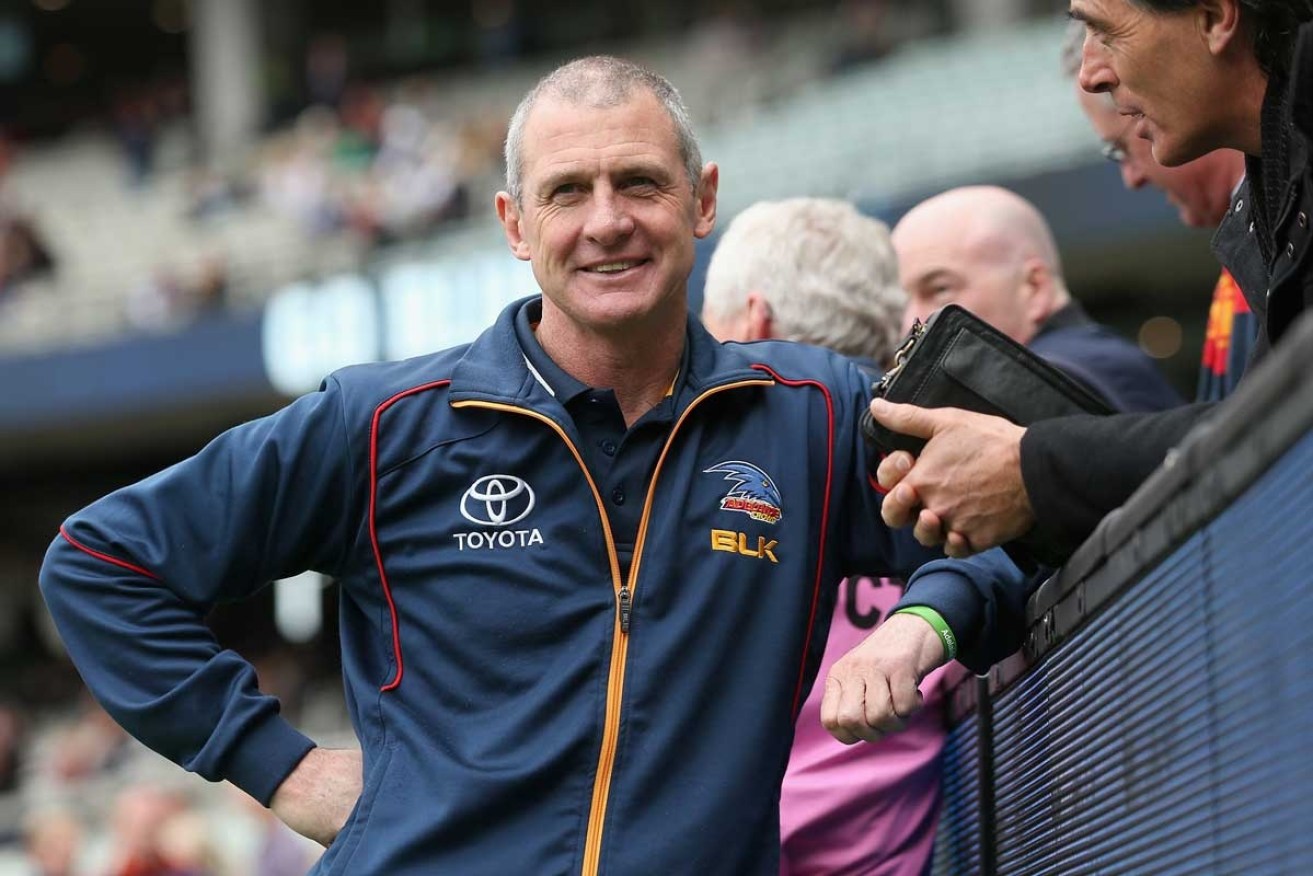
He might have spent his life in football, yet we were really only just getting to know Phil Walsh.
A genuinely fascinating man with a deep understanding and a great love of football.
A coach who in one moment would contextualise the game through the theatre of war and in the next find its essence in the beauty of great art.
• ‘Crows match should be abandoned’
• The AFL changing tack in war on drugs
• Time runs out for man with golden touch
A man who enjoyed nothing more than sharing the secrets of football with an interested companion.
A perfectionist who would review his own press conferences to assess his energy levels, engagement and content.
A devotee who cared about how footy was played, not merely the result. The sport should be attractive and compelling.
He worried about a disconnect between the complexities enacted by the participants and the comprehension of the fans.

Phil Walsh’s intensity brought early-season success to the Crows. Photo: Getty
He pitted his best midfielder, Patrick Dangerfield, against Brownlow Medal favourite Nat Fyfe, because he believed two prize bulls going head-to-head was not only what the game deserved, but what it thrived on.
His innovative mind was never in question, harnessed as an assistant coach in periods of great success and hailed by the likes of John Worsfold and Mark Williams who extolled his influence in the premierships of West Coast and Port Adelaide.
Less certain, to Walsh himself, was whether he had the empathy and compassion to be the senior coach.
Once he had accepted that very role at the Adelaide Crows, he quietly took himself overseas to complete a man-management course in preparation for the challenge.
Walsh confided his key learning was balancing positive reassurance with negative feedback. His commitment was to draw the players to him while relentlessly driving them to improve and achieve.
He knew his intensity ran the risk of burning fiercely and burning out. He wanted to give himself the best chance of avoiding that fate.
Walsh shared both his hopes and doubts over a quiet coffee in summer.
He conveyed his belief the game had become ridiculously complicated to play at the elite level and for a first-year draftee it was akin to learning a new sport.
He was acutely self-aware about his obsessive tendencies and work/life imbalance.
He worried that he wasn’t a natural public performer but understood it as a necessary area for development.
He’d studied coaches across the competition to grasp the various approaches and arrived at canny insights into the various personalities.
But ultimately he needed to be no more than himself.
As we came to learn in a short time, his boyish enthusiasm was infectious and his willingness to share it irresistible.
Footy was Formula One: if you drive safe you finish last. Footy was van Gogh’s Sunflowers: the beauty is in the frustrations of creating a masterpiece.
Phil Walsh lived his dream to coach for 12 games. The success he had isn’t in the wins and losses or the striving for a cutting-edge style of play.
It is in the connections he made with the players in his care.
It’s in the message privately sent by a young man trying to absorb the incomprehensible trauma and tragedy that is the death of his coach.
“Focus on the tough, uncompromising but unbelievably caring and humorous person that he was. I truly believed he was going to turn me (and us) into an elite player and person.”
Vale Phil Walsh. A dreadfully sad loss.
